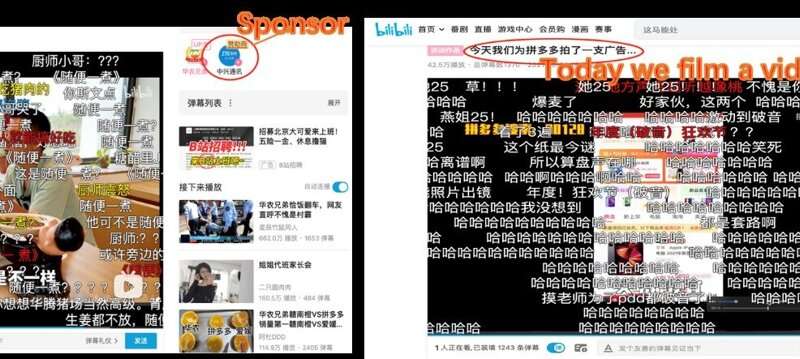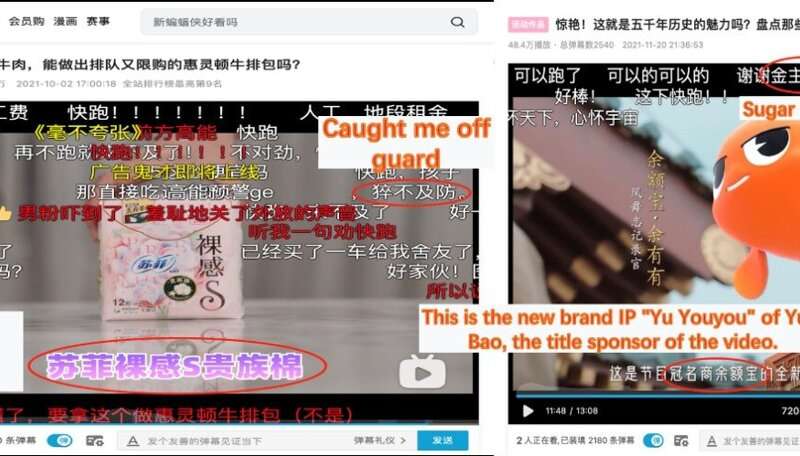Sponsorship disclosure and consumer engagement: Evidence from Bilibili video platform

With the rapid advancement of mobile internet, UGC video platforms have become integral to the daily lives of young generations. For content creators on these platforms, sharing videos sponsored by corporations is the primary method to monetize their work. In a study published in the journal Journal of Digital Economy, a group of researchers from Tsinghua University and Tongji University in China, delve into the impact of video content sponsorship and sponsorship disclosure on consumer engagement
With the rapid evolution of mobile internet technology, UGC video platforms have seamlessly integrated into the daily routines of today's younger generations. For content creators on these platforms, the primary avenue to monetize their work is through the sharing of sponsored videos from corporations.
The team focused on Bilibili, one of the most popular UGC video platforms in China known for its representative sponsored content. On Bilibili, sponsored content is known as "Qia Fan Video," a method that content creators use to capitalize on their web traffic.
Essentially, "Qia Fan Video" functions as a form of advertising, wherein influential content creators on Bilibili are compensated by advertisers in return for their original video clips. These videos, either implicitly or explicitly, promote the products or services of the sponsoring entity.

To examine the impact of video content sponsorship and sponsorship disclosure on consumer engagement, this study utilizes regression analyses based on data from 30,000 videos on the Bilibili platform. The effects of sponsorship are found to vary among influencers with different levels of popularity.
To address potential endogenous issues, instrumental variable regression is employed. The results show that, on the whole, sponsored content tended to decrease the level of consumer engagement. However, it is also observed that prior disclosure of sponsorship had a significant positive effect in offsetting the negative impact on consumer engagement.
Moreover, an analysis is conducted to compare the effects across different types of uploaders or influencers. Surprisingly, the results indicated some disparities in the impact of sponsored content and its disclosure status among macro, meso, and micro-influencers.
"To examine the influence of video content sponsorship and sponsorship disclosure on consumer engagement, we used regression analyses using data sourced from 30,000 videos hosted on Bilibili," explained Chengbin Sun, first author of the study. "The impact of sponsorship appears to vary among influencers with varying levels of popularity. To address potential endogenous issues, instrumental variable regression was applied."
The team found that sponsored content generally leads to a decrease in consumer engagement levels. However, prior disclosure of sponsorship has a significant positive effect, offsetting the negative impact on consumer engagement. Additionally, analysis on the effects across different types of uploaders or influencers found disparities in the influence of sponsored content and its disclosure status among macro, meso and micro-influencers.
"The findings offer study empirical evidence in the aspect of sponsored content, placing emphasis on consumers' responses to the content itself and conducting a comprehensive examination of the influence of previously disclosed sponsorships," explained Sun.
"In terms of practical implications, they provide strategic guidance to both content creators and platforms. These insights can aid content creators and platforms in gaining a better understanding of how to navigate sponsorship arrangements and enhance consumer engagement effectively."
More information:
Chengbin Sun et al, Sponsorship disclosure and consumer engagement: Evidence from Bilibili video platform, Journal of Digital Economy (2023). DOI: 10.1016/j.jdec.2023.07.001
Provided by KeAi Communications Co.